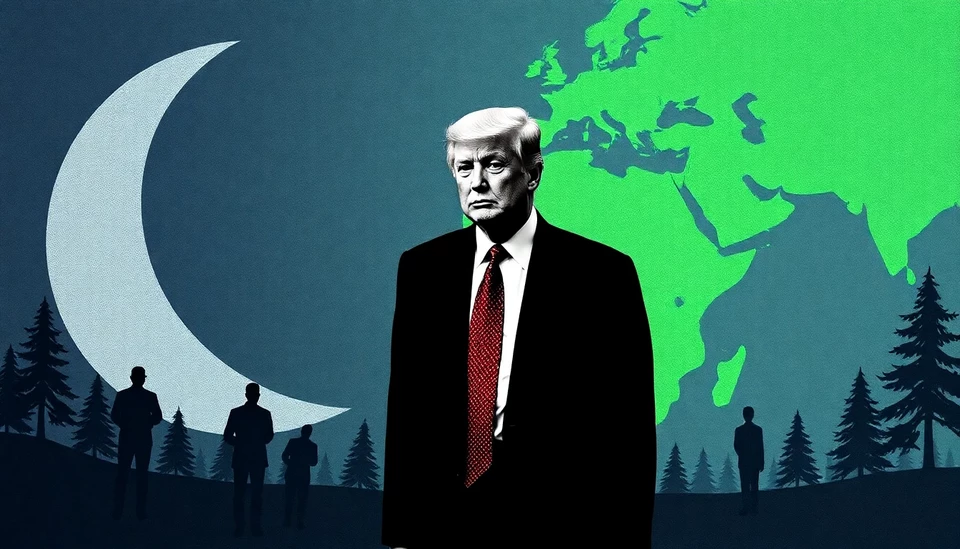
In an unexpected resurgence, former President Donald Trump is poised to disrupt the global climate agenda once again. This comes as he leaps back into the political arena, reigniting debates over environmental policies that many believed had progressed under previous administrations. The implications of his potential return to the White House have sparked concerns regarding the stability of climate agreements and international cooperation in combating climate change.
During his initial presidency, Trump famously withdrew the United States from the Paris Climate Agreement, a move that sent shockwaves through global environmental movements and left many countries scrambling to maintain the collective goal of limiting global warming. With the prospect of 2025 on the horizon, analysts and environmentalists alike are now focusing their attention on how his comeback could unravel painstaking efforts to combat climate change made over the past few years.
As world leaders prepare for the next UN Climate Conference, the rise of Trump has provoked speculation about a shift back to more aggressive policies favoring fossil fuels, potentially derailing momentum toward renewable energy adoption. Climate advocates warn that a second term under Trump's leadership could lead to regressive policies that would hinder further advancements in renewable energy sectors and greenhouse gas emissions reductions.
Moreover, Trump's rhetoric has already found significant traction among his base, who view deregulation as a boon for economic recovery. His promises to reinvigorate coal mining jobs and loosen restrictions on oil drilling resonate with those in traditional industries, suggesting a broader political environment that may staunchly oppose progressive climate initiatives.
Internationally, the implications of a Trump presidency would likely set off a chain reaction among allied nations that have also been aiming for more aggressive climate action. Countries like China and the European Union are already navigating complex negotiations, and a withdrawal of U.S. leadership could fracture existing alliances founded on shared environmental goals.
However, the global climate movement has shown resilience. Non-governmental organizations (NGOs) and youth activism—exemplified by movements such as Fridays for Future—indicate that the public's commitment to climate action remains strong, even in uncertain political climates. Additionally, corporations are increasingly adopting sustainability agendas, which may help counterbalance any potential regressive policies introduced at the federal level.
As the political landscape shifts, experts emphasize the urgency for a broad-based coalition to emerge in support of climate action. Collaboration across political lines, public support for green initiatives, and continued pressure from grassroots movements will be crucial in ensuring that the global climate order does not falter under the weight of a renewed Trump administration. The stakes have never been higher, and the world watches closely as the narrative unfolds.
In summary, while the return of Donald Trump can potentially alter the course of global climate strategy significantly, it also presents an opportunity for continued advocacy and innovation. How both the political community and ordinary citizens respond in the coming months will be critical in the fight against climate change, shaping the planet's future for generations to come.
#ClimateChange #Trump2025 #GlobalWarming #ParisAgreement #ClimateAction #RenewableEnergy #EnvironmentalPolicy
Author: Sophie Bennett




